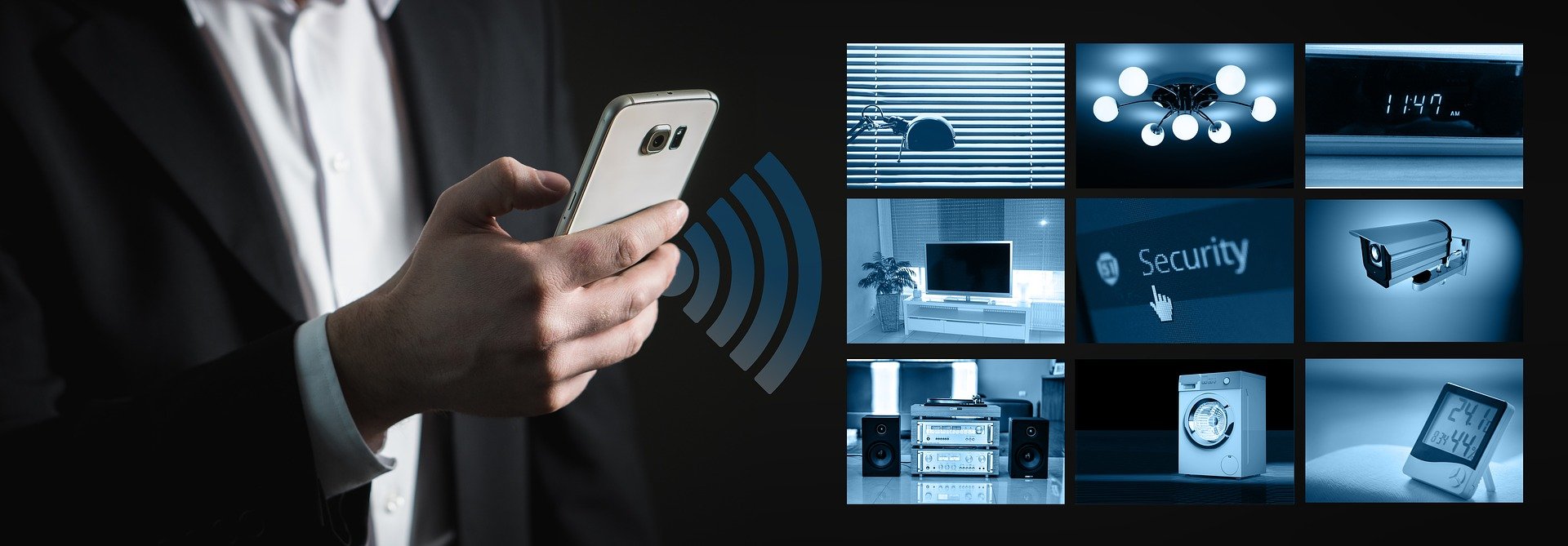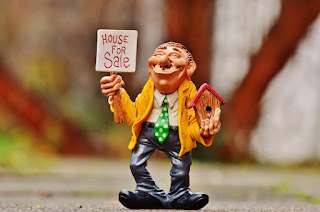How Technology Can Make Homes More Efficient
How Technology Can Make Homes More Efficient
There are many benefits to integrating technology into our daily lives. Technology has made it much easier to manage such areas such as work and our personal lives. In fact, technology has allowed us to become more efficient in our daily lives. However, many people forget that technology can make our homes more efficient which can save hundreds or even thousands in repair/replacement bills, as well as save money on utility bills. Below is a list of ways technology can make your home more efficient.
Electricity Usage Monitor
An electricity use monitor allows you to calculate the cost to run any appliance or device in your home over a set period of time. By doing so, you can assess your use and make adjustments to reduce energy use. Just plug the specific appliance or device into the monitor and then plug the monitor into the outlet. The monitor will perform an assessment and provide such info as energy consumption per month.
Home Automation or SMART Home Technology
Home automation, or SMART home technology, allows you to pretty much control nearly any electrical device in your home, from any Internet-connected device. This allows you to make your home more secure and make it more energy efficient. For instance, you can perform such tasks as: turn coffee pot on and off, set alarms, set thermostat, turn sprinklers on and off, turn lights on and off, and more, while you are away from the home. All you do is log into your system from your computer and perform the desired task.
Energy Star Appliances
Energy-star appliances are designed to save energy. Appliances that bear the Energy Star logo use much less energy which saves on energy costs They have undergone testing procedures to determine that they are more energy-efficient than the minimum government standards. You can find a wide range of energy star appliances such as washers and dryers, dishwashers, refrigerators, ovens, etc. Energy-star appliances are a wise investment in your home.
High-Tech Energy Saving Thermostats
High-tech SMART thermostats are equipped with sensors that automatically adjust your home’s temperature according to your schedule and lifestyle. The device adjusts the indoor temperature at different times of the day, based on your specific settings. These thermostats can save you money on both your heating and cooling bills as they help reduce the use of the heating and cooling units when you are away or do not require them.
Smart Power Strips
Smart Power Strips save energy because they shut down power when devices plugged in go into standby. The electricity gets cut off on devices that are either not being used, or are fully charged.
Smart Plugs
If you have not set up a smart home efficiency
system yet, you can begin by using smart plugs. These smart devices are used to
manage the energy consumption of any device you plug into them. All you do is
plug it into your electrical outlets. You use the apps to program usage times,
remotely turn off and on power, and even look at your total energy consumption.
Smart Water Valve
You can install a Wireless Water Valve on your home’s water main, which will allow you to control the water supply remotely through a Home Automation system. If you are away and an appliance leaks, flood sensors can detect it, shutting off the water supply automatically to limit the damage. You will be sent an alert to your mobile phone. This technology can be applied to your dishwasher, clothes washer, water heater, etc.
Smart Home Furnace
With a Smart Furnace, the furnace can be set to turn off and on at scheduled times or you can use the home automation portal via the internet connection to turn it on and off.
LED–Lights
Most of the electric energy is wasted as heat energy resulting in reduced efficiency in generating light. LED–lights generate little to no heat, which means they maximize energy output. As energy-saving technology, LED lights have a longer lifespan thereby saving you money.
Clothing Washer and Dryer: Innovative Sensor Technology
Having an energy star washer and dryer is very efficient. Consider buying a smart leak detector if your water heater and washing machine are older models. Whenever possible, use a clothesline to dry clothes. Make sure you clean the lint screen and keep the dryer duct clean to keep the dryer running efficiently. When using the dryer, set the dryer to an automatic cycle so it will stop the dryer once the moisture sensors detect the laundry is dry.
Smart Home Security Systems
There are many benefits to installing a smart home security system. These systems will send an alert to your phone when there’s an intruder. You can even view a live stream of your property. Smart Home Security Systems allow you to see if there is an emergency requiring instant responders or if it is a false alarm like wildlife triggering a sensor.
Smart Sprinkler Systems
Smart sprinkler systems help you save on your water bill. They use automatic irrigation systems that know the weather forecast. These sprinklers automatically set your lawn watering time to match the chances of future rain. They will also not turn on when there is a rain downpour. Smart sprinkler systems also provide water usage reports.
Protect Appliances and Home Systems with a Home Warranty
Today, energy costs are steadily rising which is why more homeowners are now looking for ways to make their homes more energy efficient while extending the life of their appliances and systems. You can protect yourself from expensive repair and replacement costs of home appliances and systems by buying a home warranty plan.
A home warranty can provide substantial protection for many appliances and
systems within your home. Plans can be built and customized to allow homeowners
to add a variety of items to their policy. Additional refrigerators,
ice-makers, washers, dryers, pool, spa equipment, well pumps or additional
heat/air conditioning units can be added. There are also additional options
which cover electronics, water and sewer lines, and more.





